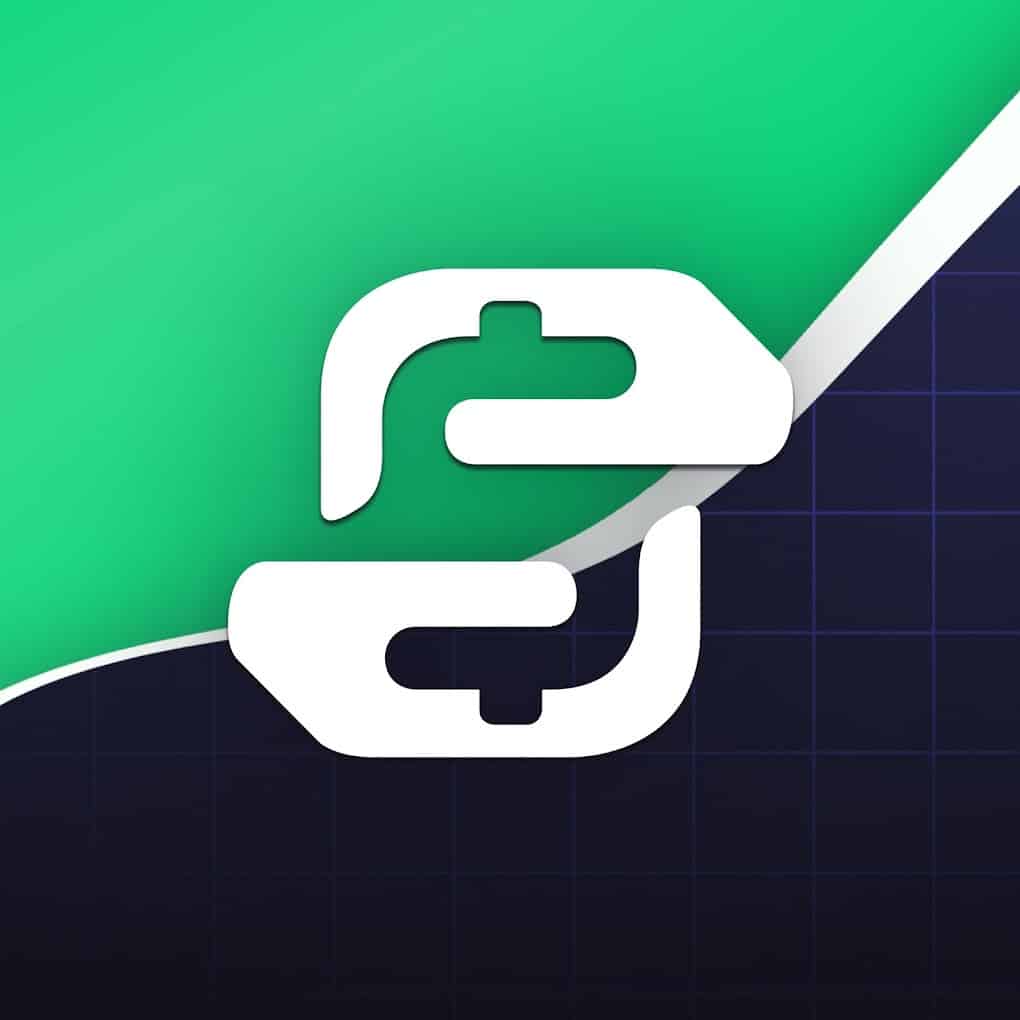What are DeFi Wallets?
DeFi wallets are digital wallets that allow users to store, send, receive, and manage their cryptocurrency assets in a decentralized manner. Unlike traditional wallets, DeFi wallets are not controlled by centralized authorities or intermediaries. Instead, they run on blockchain technology, giving users greater control, privacy, and security.
Definition and Differences
DeFi wallets are fundamentally different from traditional wallets. While traditional wallets are controlled by centralized entities such as banks or payment processors, DeFi wallets are autonomous and run on blockchain technology. This provides a level of transparency and security that traditional financial systems cannot match.
Types of DeFi Wallets
There are three main types of DeFi wallets: software wallets, hardware wallets, and paper wallets. Software wallets are the most common and allow users to access their cryptocurrency assets through an app or website. Hardware wallets, on the other hand, are physical devices that store private keys offline. Thanks to their enhanced security, hardware wallets are often favored by long-term investors and traders. Finally, paper wallets are simply pieces of paper that contain the private keys needed to access cryptocurrency assets. Paper wallets are often seen as the most secure option because they are not connected to the internet.
How Do DeFi Wallets Work?
Public and Private Keys
Public and private keys are the backbone of DeFi wallets and are used to secure transactions and access cryptocurrency assets. The public key acts as the wallet's address, while the private key is what allows the user to access and control it.
Blockchain Technology and Smart Contracts
DeFi wallets utilize blockchain technology, which is a decentralized ledger that records all transactions in a transparent and secure manner. Smart contracts are also used to automate and secure transactions, minimizing the role of intermediaries.
Supported Protocols and Networks
DeFi wallets support a variety of protocols and networks, with Ethereum being the most widely adopted. Other popular networks include Binance Smart Chain, Harmony, and Polygon. DeFi wallets such as Metamask, WalletConnect, and MyEtherWallet are compatible with multiple networks, making them a popular choice among DeFi users.
Best Practices for Using DeFi Wallets
Security Measures
Because DeFi wallets offer a high degree of autonomy and control, they require greater security measures than traditional wallets. Users should employ strong passwords, two-factor authentication, and regular backups to ensure the safety of their assets.
Research and Due Diligence
Before using a DeFi wallet, it's important to research and verify the projects and platforms you're interested in. The DeFi space can be risky, so conducting due diligence is essential to mitigate any potential risks.
Top DeFi Wallets
Coinbase
Coinbase is a popular cryptocurrency exchange that also offers a wallet service. It allows users to securely store, send, and receive various cryptocurrencies, including Bitcoin, Ethereum, and many others. Coinbase is known for its user-friendly interface and strong security measures.
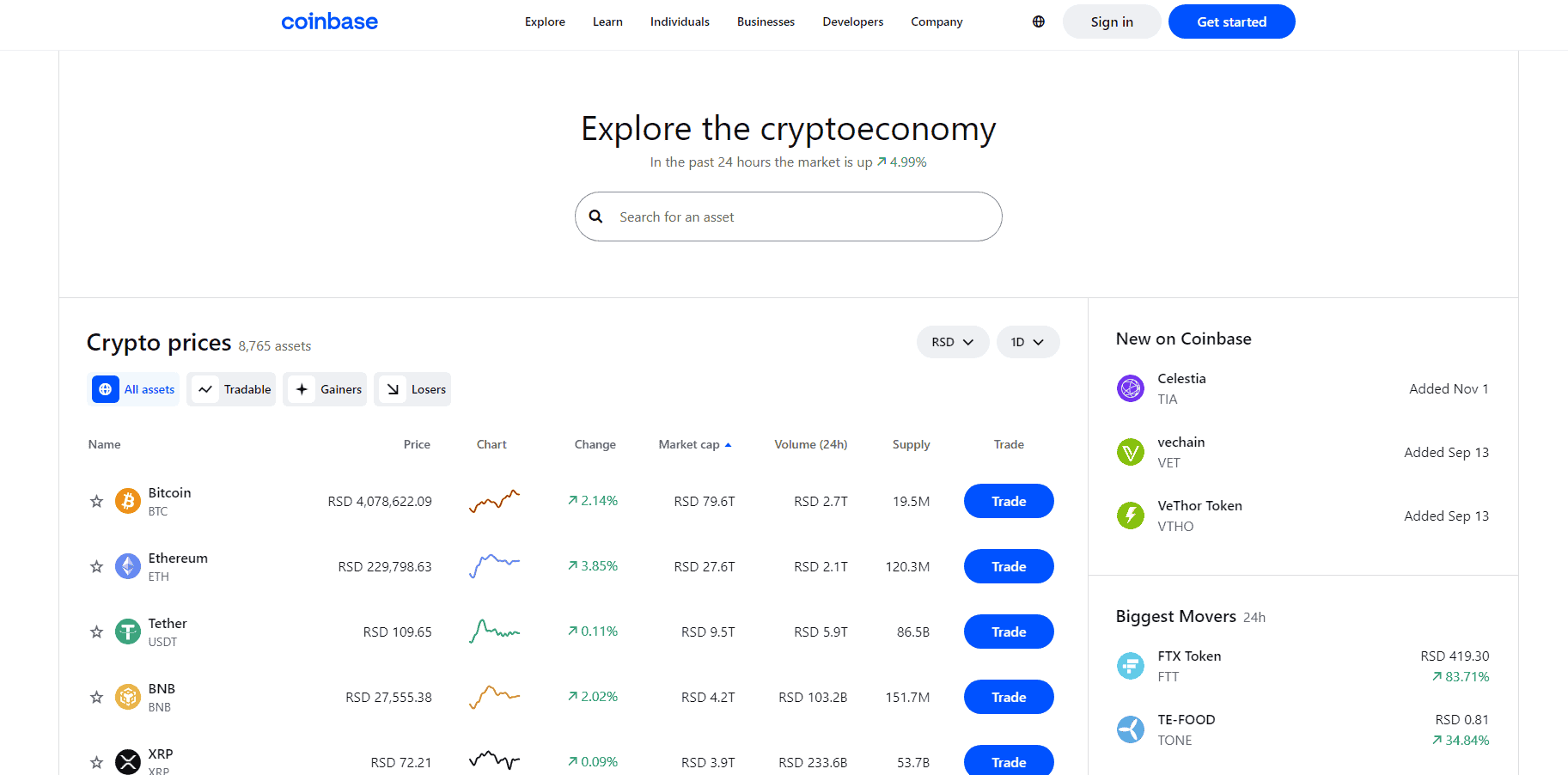
MetaMask
MetaMask is a browser extension that serves as both a cryptocurrency wallet and a gateway to decentralized applications (DApps). It allows users to manage their Ethereum-based digital assets, interact with DApps, and securely store private keys. MetaMask is widely used by individuals who want to engage in decentralized finance (DeFi) activities.
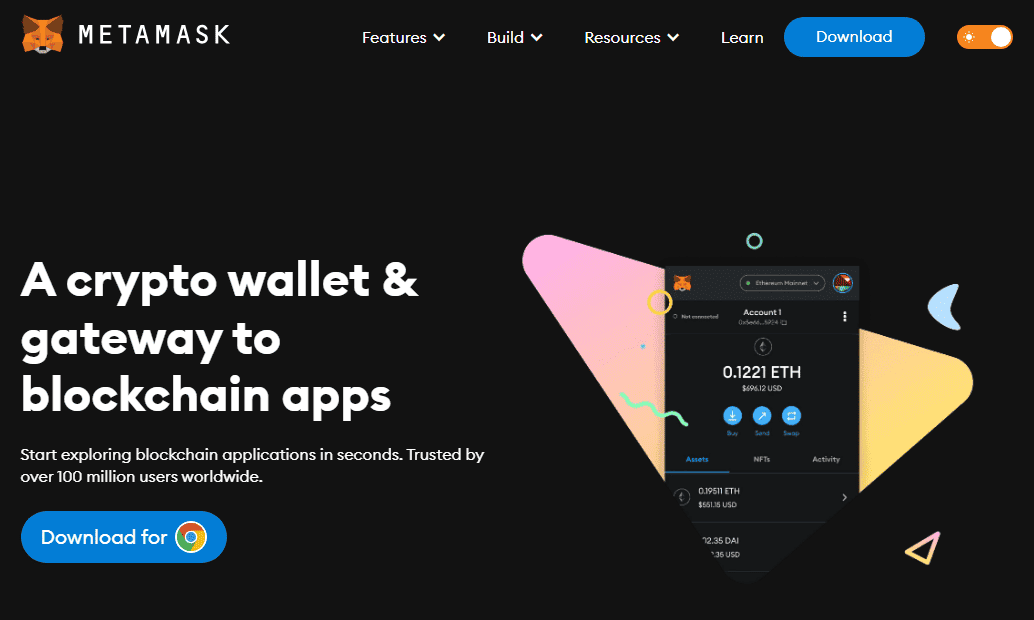
ZenGo
ZenGo is a noncustodial mobile wallet known for its simplicity and security. It utilizes a unique keyless security model that allows users to easily manage their digital assets without the need for cumbersome private key backups. ZenGo also supports various DeFi functionalities, providing users with a seamless experience.
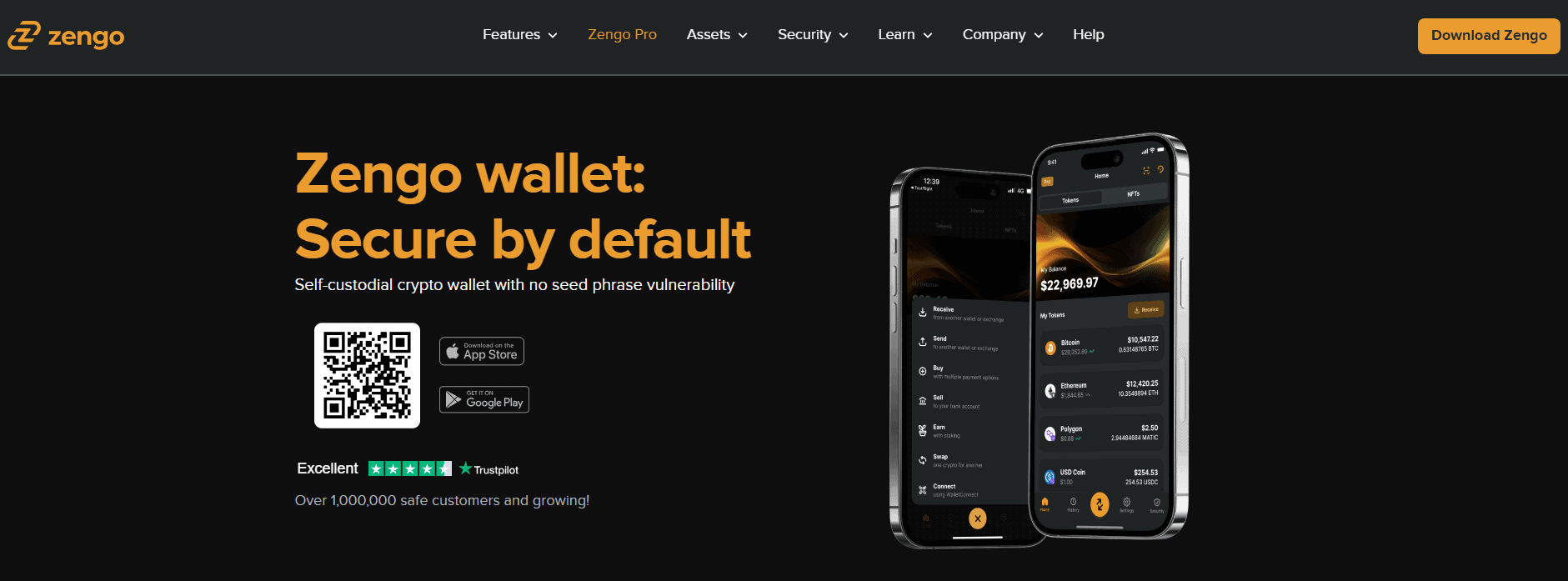
Trust
Trust Wallet is a mobile wallet primarily designed for users of the Ethereum blockchain. It allows users to securely store a wide range of cryptocurrencies and tokens. Trust Wallet also supports staking and decentralized exchanges, making it a popular choice for DeFi enthusiasts. It is known for its intuitive interface and focus on user privacy.
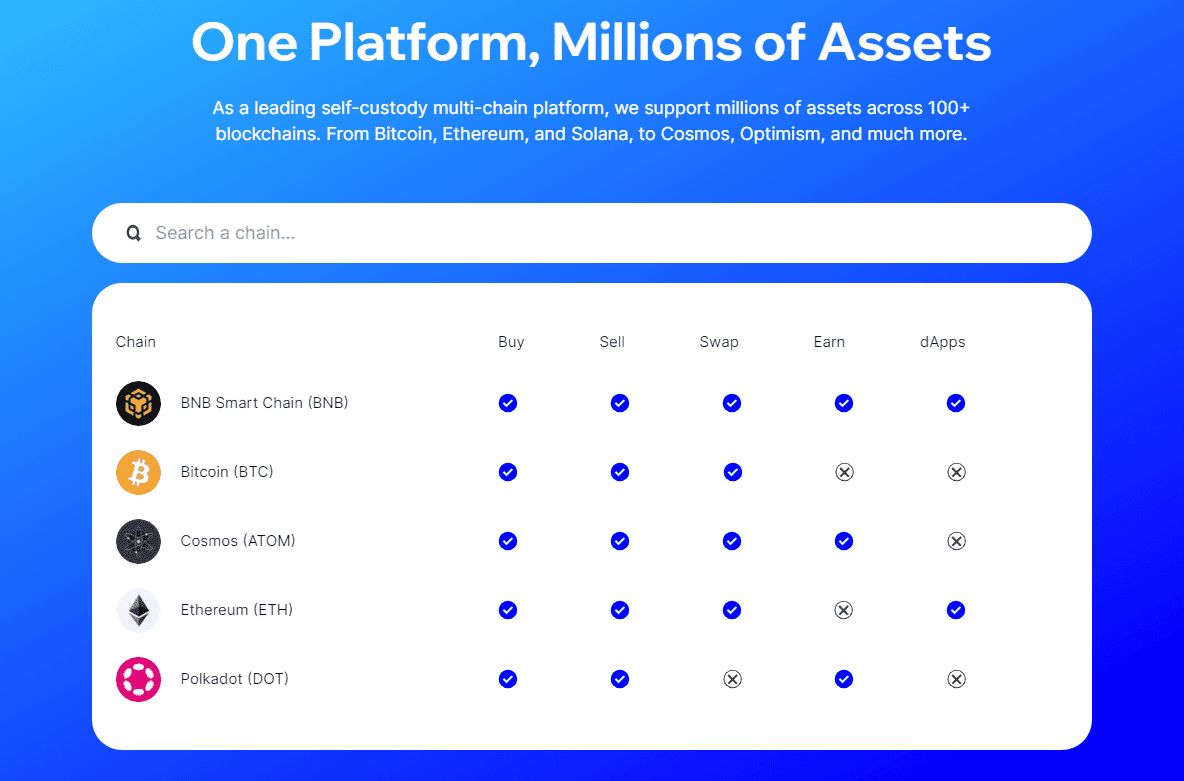
Eidoo Wallet
Eidoo Wallet is a noncustodial mobile wallet that supports both cryptocurrencies and tokens. With Eidoo, users have complete control over their private keys and can easily manage, store, and exchange their digital assets. The wallet also features a decentralized exchange and integrates with various DeFi platforms, empowering users to engage in decentralized finance.
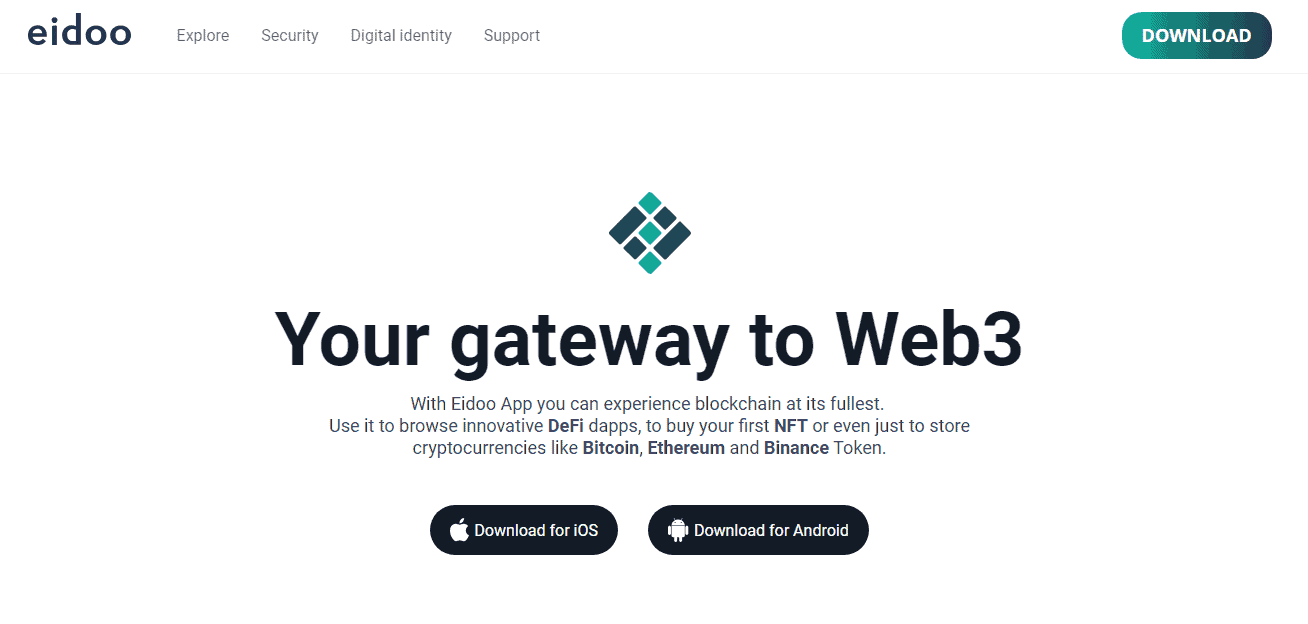
WalletConnect
WalletConnect is an open-source protocol that allows users to connect their wallets to decentralized applications. It enables users to securely interact with DApps from their own wallets, without compromising the security of their private keys. WalletConnect is frequently used by DeFi users who want to maintain control over their assets while accessing a range of DApps.
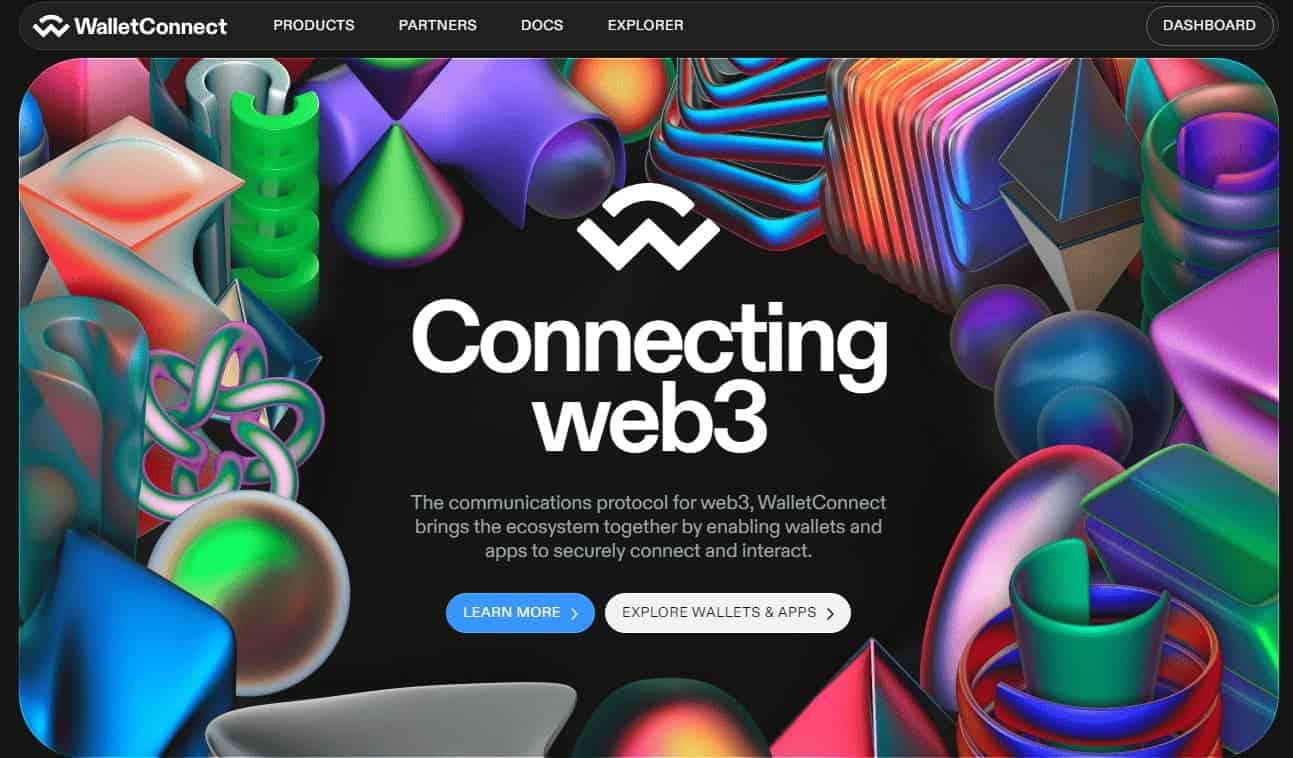
Rainbow Wallet
Rainbow Wallet is a mobile wallet designed specifically for managing Ethereum-based assets. It offers a clean and intuitive interface, making it easy for users to securely store, send, and receive cryptocurrencies and tokens. Rainbow Wallet also supports decentralized finance, allowing users to participate in various DeFi protocols and activities.

DeFi wallets are a crucial component of the DeFi ecosystem, offering a decentralized, secure, and private way to manage cryptocurrency assets. With this guide, you have everything you need to get started with DeFi wallets. Be sure to conduct proper research and due diligence and follow best practices for securing your assets. By leveraging the power of DeFi wallets, you can take control of your financial future and experience the full potential of decentralized finance.

